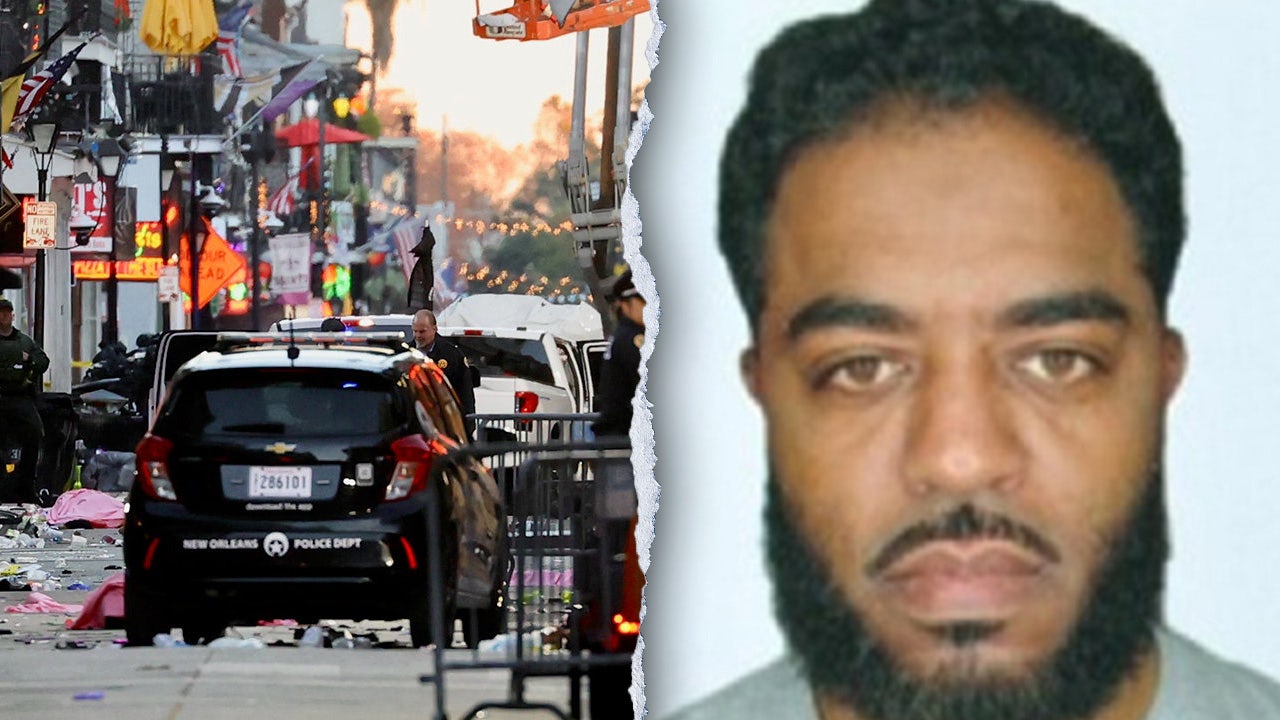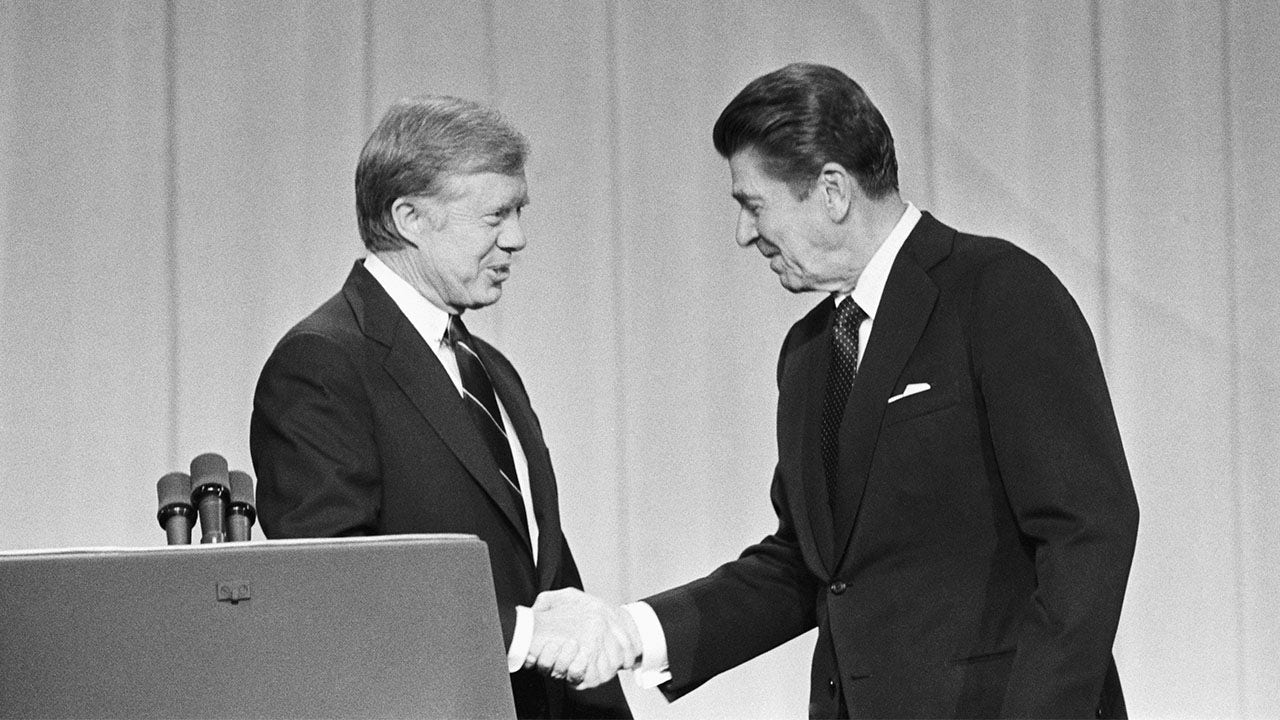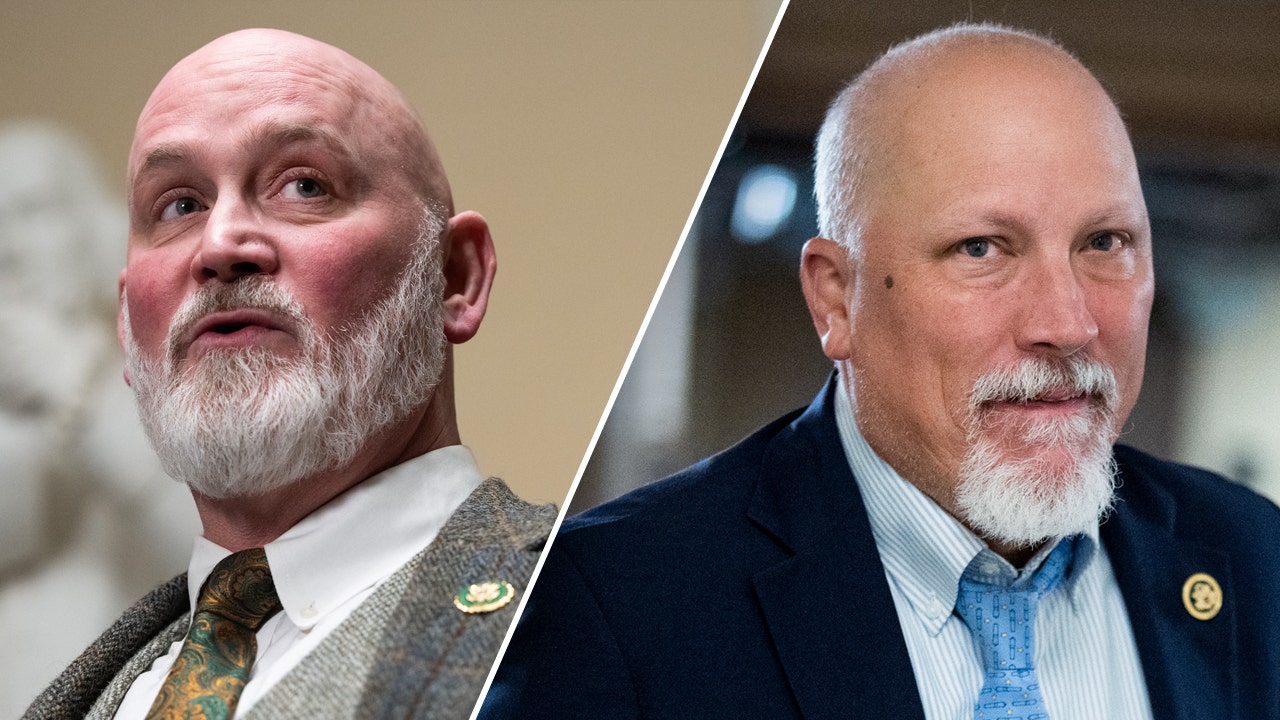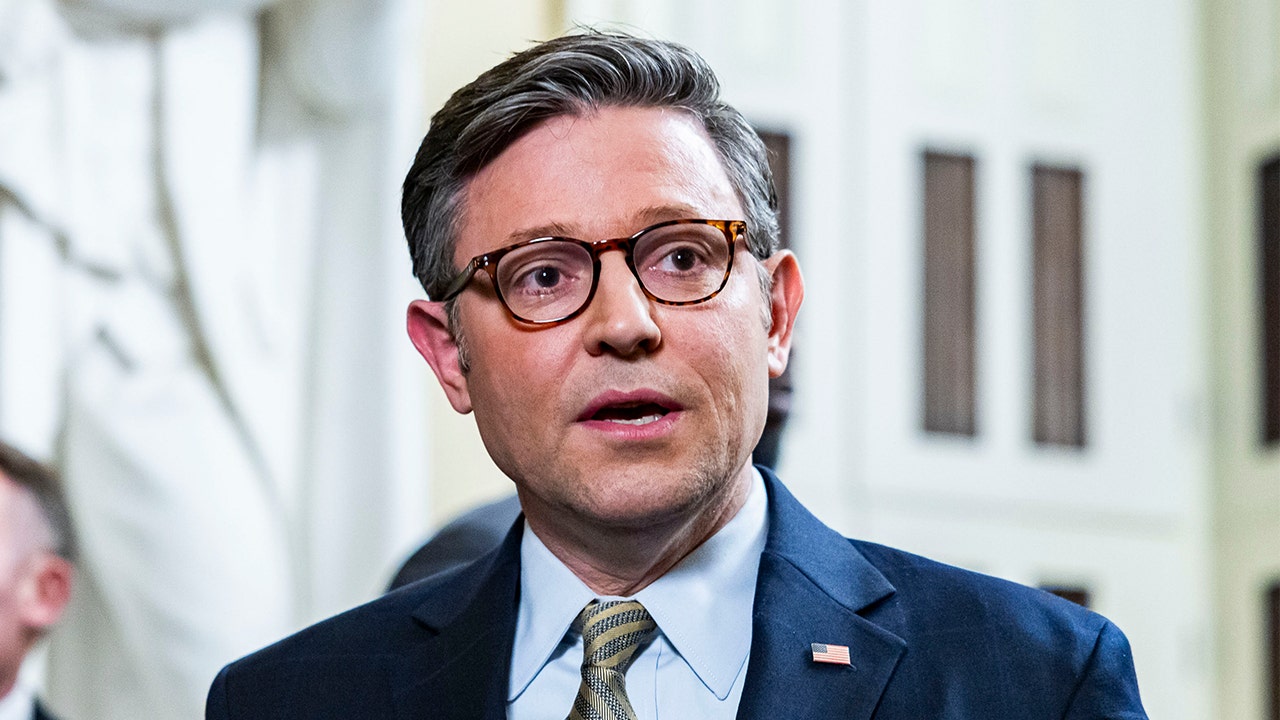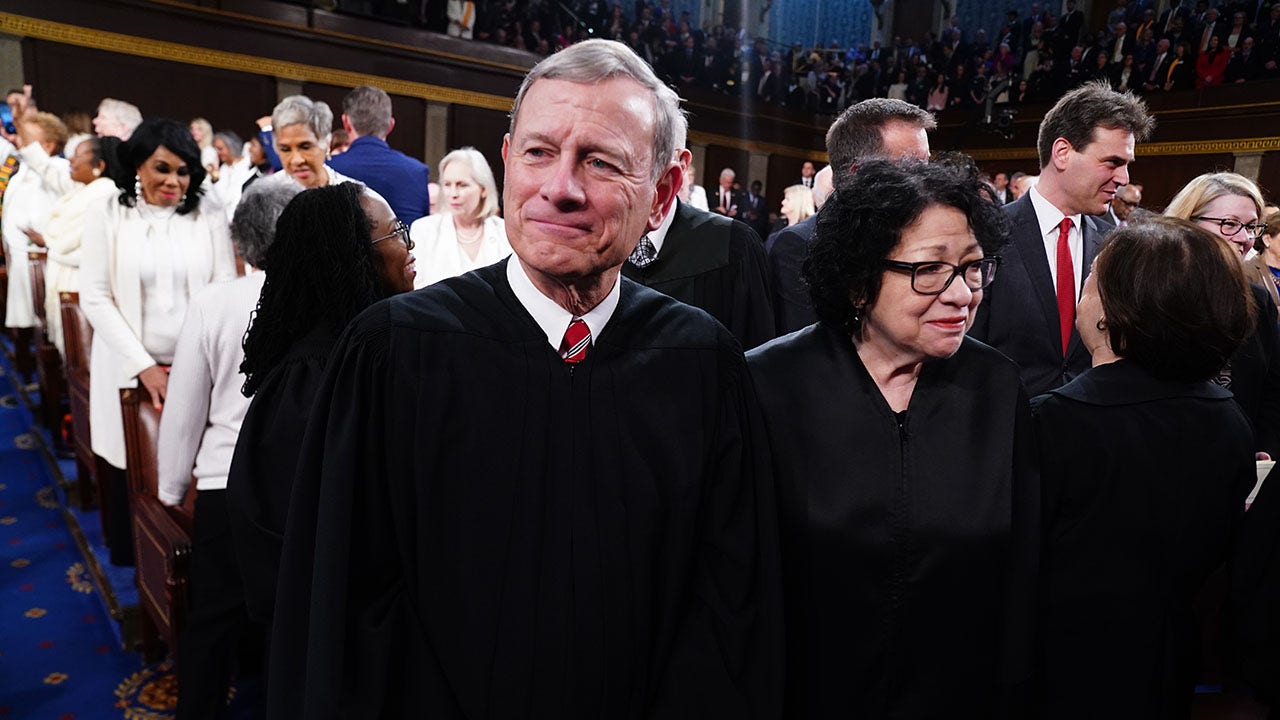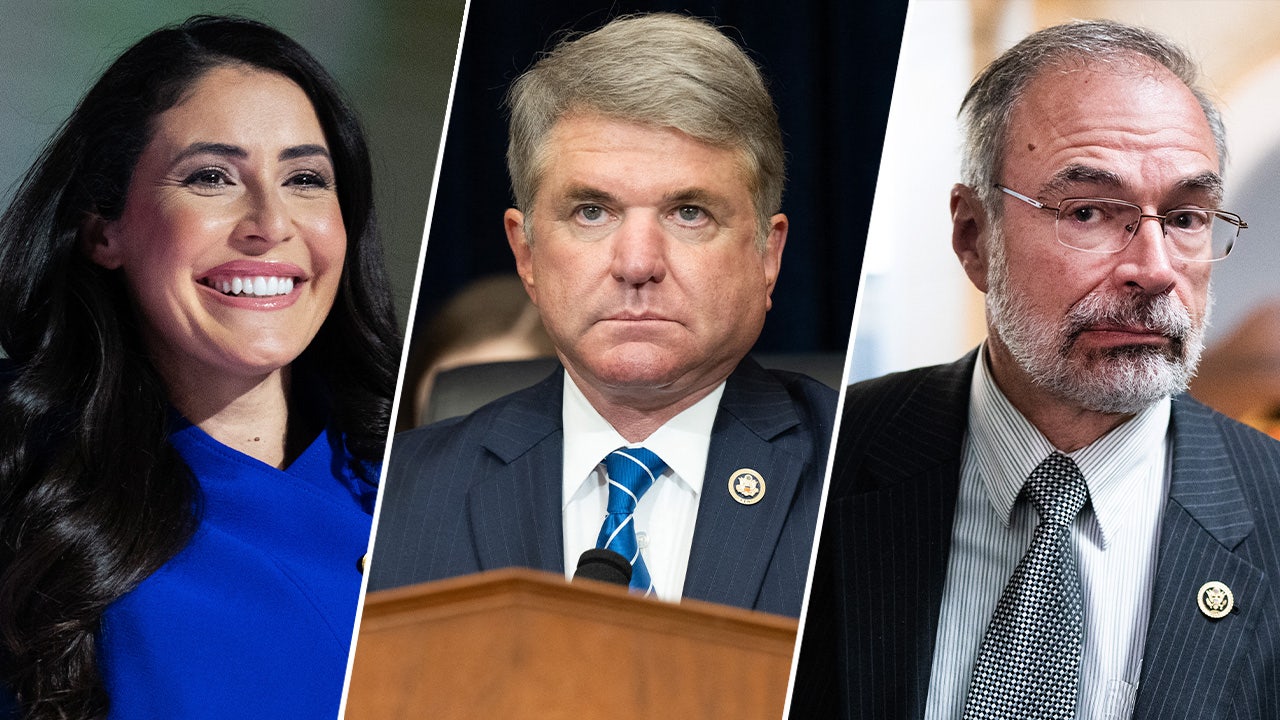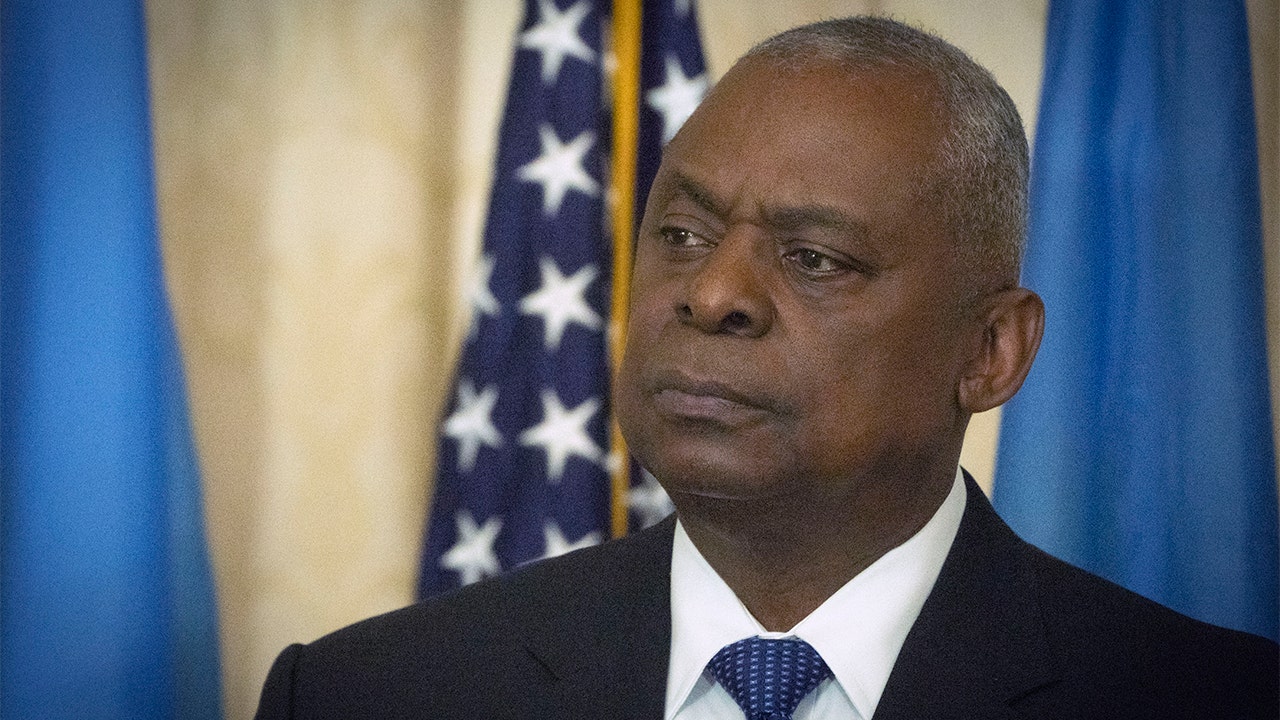In his one term in the White House, the late President Jimmy Carter struck the Camp David Accords between Israel and Egypt, helped take the world further from nuclear proliferation with the second Strategic Arms Limitation Treaty (SALT), signed the Panama Canal Treaties, which ended a century of direct American control over the crucial canal, and deregulated the nation’s airline industry.
But Carter, a former Georgia governor who defeated Republican President Gerald Ford in the 1976 election, also confronted the socialist Nicaraguan revolution in Central America and the invasion of Afghanistan by the Soviet Union, which led to a resumption of Cold War tensions with Moscow and an embargo of the 1980 Summer Olympics by the U.S. And domestically, the one-term Democratic president battled massive inflation known as stagflation, and an energy crisis that led to the return of gas lines across the country.
As Carter struggled to cope with multiple domestic and international crises, the then-president went on national television in July 1979 to deliver what was titled “the crisis confidence” address, but was later dubbed the “malaise” speech, even though the world malaise never appeared in Carter’s actual address.
Carter called for Americans to return to a sense of civic duty that would unify the country through a call for shared sacrifice for the common good of the nation. While initially giving the president a boost in the polls, the goodwill was short-lived. A couple of days after the address, Carter fired several members of his cabinet and was unable going forward to be seen as a strong and effective leader.
REACTIONS POUR IN AS JIMMY CARTER ENTERS HOSPICE
Adding to Carter’s woes, was the overrunning of the American embassy in Tehran in the late autumn of 1979, which triggered the more than yearlong Iranian hostage crisis.
Carter, politically weakened by a fierce and nearly successful primary challenge by the late Sen. Edward Kennedy of Massachusetts for the 1980 Democratic presidential nomination, was crushed by GOP nominee Ronald Reagan in the general election, with the former California governor sweeping 44 of the 50 states.
Historian and author Craig Shirley, who wrote multiple books about Reagan and Carter, pointed to the economic conditions at the time as a major contributor to Carter’s demise.
“Interest rates were something like 18%. Inflation was almost as high. The value of a dollar wasn’t worth today what it was yesterday. It was really devastating to people’s savings,” Shirley spotlighted in a C-SPAN interview a few years ago.
FORMER PRESIDENT JIMMY CARTER TO SPEND ‘REMAINING TIME’ AT HOME RECEIVING HOSPICE CARE
Veteran political scientist Wayne Lesperance, president of New England College, concurred.
“While it is certainly true that the Carter Administration had its share of successes, such as the Camp David Accords and the Panama Canal Treaty, in the months leading up to the 1980 election, voters were focused on high inflation, low economic growth, an energy crisis and the growing perception that American power and influence in the world was in decline,” Lesperance said.

“The Iran hostage crisis and failed rescue attempt punctuated the feeling that the U.S. under Carter had become a paper tiger. Americans wanted John Wayne. They elected Ronald Reagan whose campaign projected strength, confidence, humor, and a nostalgic appeal to an America as the proverbial shining city on a hill,” he emphasized.
But it’s the “malaise” speech that still stands out more than four decades after Carter’s stinging rejection by American voters.
“Jimmy Carter’s one-term presidency would be known for many things: stagflation, a terrible economy, weakness in the face of Soviet advances, but also the Camp David Accords and ushering in the Age of Reagan. Yet to his everlasting chagrin, Carter’s failed four years in office will always be reduced to the word “malaise,” and his awful, terrible, embarrassing speech in July of 1979,” Shirley wrote on the 40-year anniversary of the infamous address.
